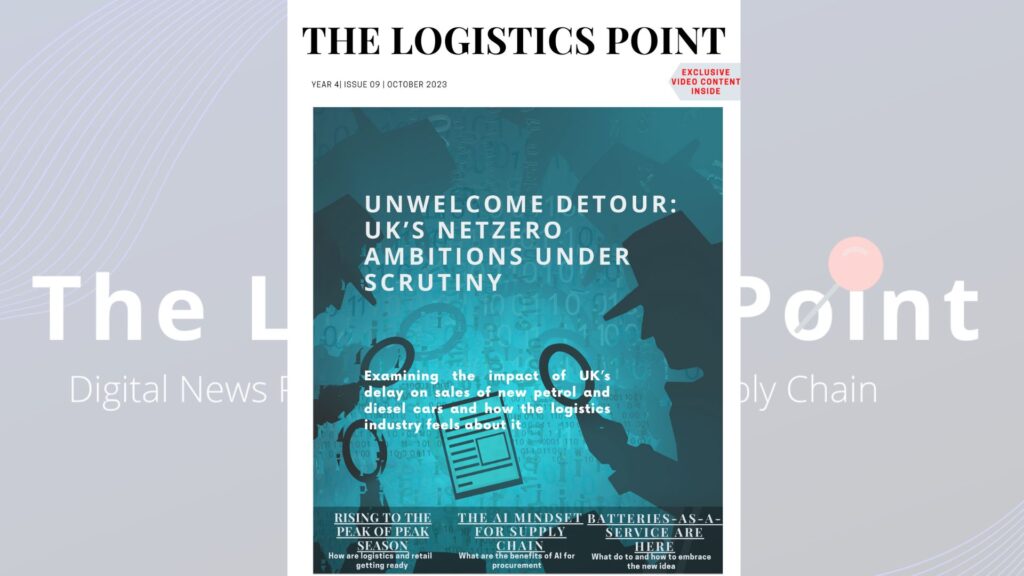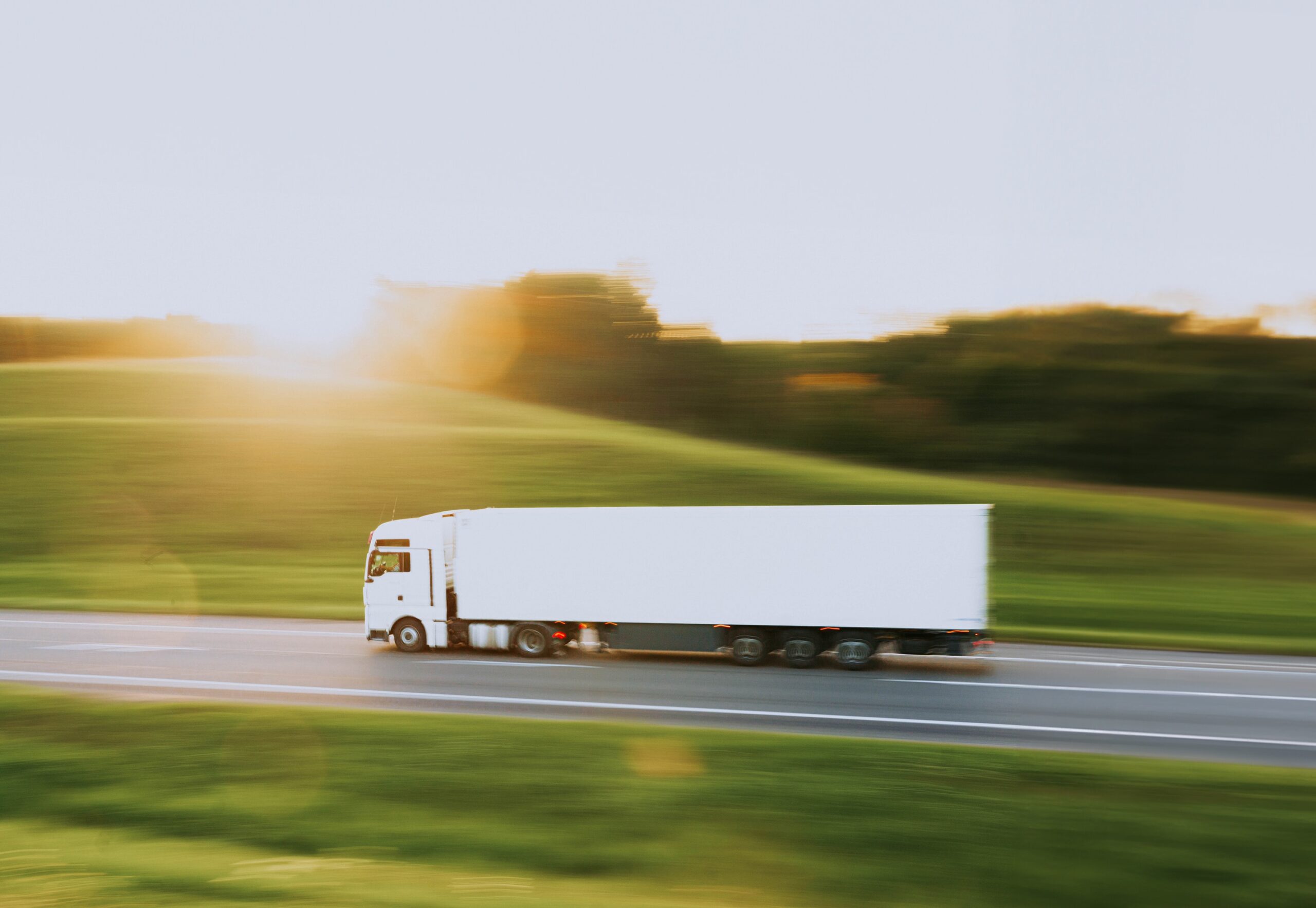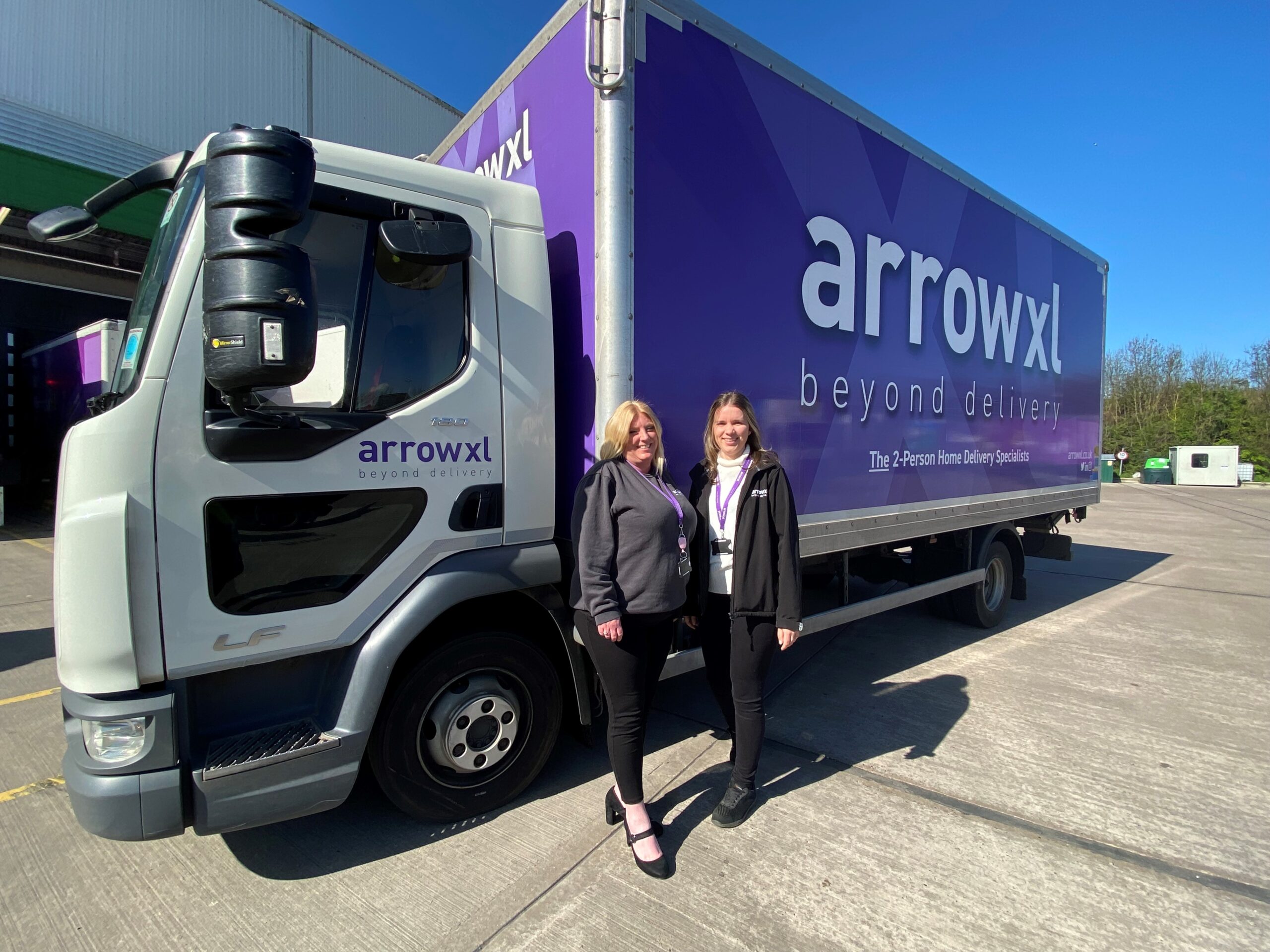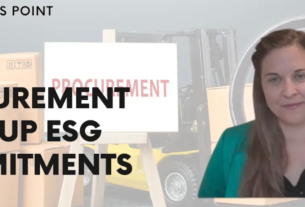In a series of articles and features we explore how the logistics industry feels about the UK’s government commitment to NetZero and the changing policy landscape. You can read an extended feature on the issue in our October edition now.

Achieving the 2050 UK net zero target is contingent on clear commitment and uniting all sectors of the UK economy on a plan of decarbonisation. The announcement from the UK government has shaken business’ trust in this commitment. ‘Achieving net zero is still possible, but we need a plan from the government, in collaboration with industry, on how we get there.’ says Gerry Power, UK Head of Country, TMX Transform.
‘Transport within the UK accounts for circa 27 per cent of all greenhouse gas, of which road transport generates 90 per cent. So, we have a responsibility to address this as soon as we can,’ adds Simon Hobbs, Chief Executive of Kinaxia Logistics.
Whilst an alternative to diesel as a fuel will have the largest benefit, the industry can still reduce greenhouse gas emissions through such things as driver training, vehicle configuration, for example low rolling resistance tyres, and improved vehicle utilisation, such as running fewer empty vehicles and running them more efficiently.

Good for investment & growth
In addition to the clear environmental benefits, net zero goals are vital to help stimulate innovation, investment and economic growth in the UK. Disruptions over the past few years, including natural disasters, have demonstrated how imperative it is to build resilient, adaptive supply chains to support profitability in a world of uncertainty. Sustainability, and businesses’ alignment on net zero goals is core to building this resilience.
The recent announcement is a setback for the supply chain and logistics industry at a time when we should be doubling down on our sustainability efforts. In the short term, the industry – particularly the automotive and energy sectors – will need to rapidly adapt their supply chains in response to the inevitable impact on supply and demand. In the longer-term, the government’s wavering commitment to green policies has caused uncertainty, which could prompt businesses to re-evaluate their own net zero plans, and investment in sustainability across the supply chain.
However, with around 90% of CO2 emissions related to supply chains, the industry haa a responsibility to continue to work towards achieving net zero goals.
From the road transport industry, vehicle manufacturers will have invested vast amounts of money to achieve the 2030 targets, and this delay will not have gone down well. Within Kinaxia, which operates above the 3.5t van threshold, these changes will have no effect on how they approach their own sustainability goals.
‘We operate 950 commercial vehicles and already have trials on numerous alternative energy sources – including electric trucks, HVO (hydrotreated vegetable oil) and CNG (compressed natural gas) – which we will continue to invest in. We have also implemented a new vehicle planning system across our group that will generate significantly fewer miles through improved vehicle utilisation and planning, which will naturally reduce our CO2,’ says Simon.


